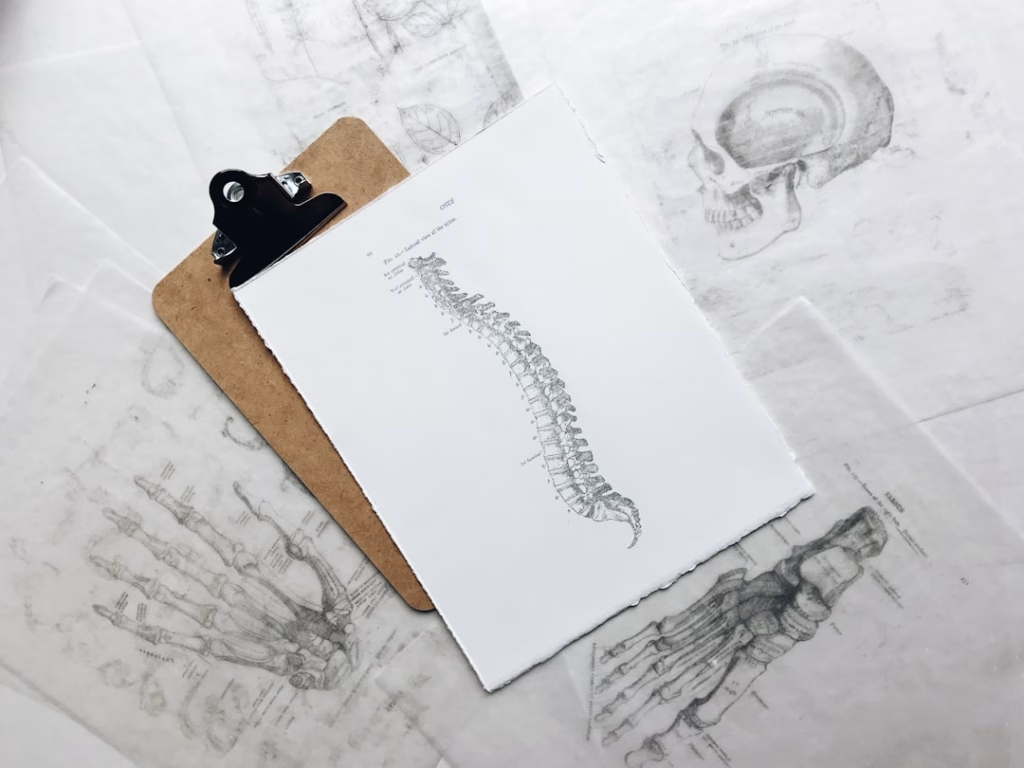Embracing your skin as it is, in all its unique glory, is essential. Yet, there are times when your skin might face numerous challenges like acne, eczema, and others. These skin conditions, if unaddressed, can have a profound impact on your overall well-being and self-esteem. Thus, understanding different skin issues and how to deal with them becomes an integral aspect of skin health.
Understanding Common Skin Conditions
- Acne: It is a common skin condition where clogged hair follicles and inflammation lead to spots and pimples. Depending on severity, it can cause emotional distress and skin scarring.
- Eczema: This is a cluster of conditions that results in skin inflammation. Itching, redness, dryness and sometimes, mild swelling are common symptoms.
- Psoriasis: This is a chronic skin condition where the life cycle of skin cells speeds up, leading to a buildup of cells on the skin’s surface, causing thick, silvery scales and itchy, dry, red patches that are sometimes painful.
- Rosacea: A skin condition characterized by the overreaction of blood vessels in the face, resulting in redness, pimples and, in serious cases, rhinophyma.
- Aging: As your skin ages, it becomes thinner and loses fat, causing it to look less smooth and plump. Other forms of aging include wrinkles and age spots.
- Hives: Hives are red bumps that can appear anywhere on your body. They are usually a reaction to allergens.
Treatment and Prevention
While not all skin conditions are preventable, one can manage them effectively with proper care and treatment. Here are some common treatments and prevention tips for common skin problems:
- Acne: Over the counter creams and gels containing benzoyl peroxide or salicylic acid can help deal with acne. Always keeping your skin clean and eating a healthy diet can decrease the likelihood of developing acne.
- Eczema: Regular moisturizing, avoiding harsh soaps, and avoiding triggers can reduce eczema flare-ups. Topical steroids help control eczema outbreaks.
- Psoriasis: Topical treatments, light therapy, and oral medications can help manage psoriasis. Regular moisturizing and avoiding any known triggers are also beneficial.
- Rosacea: Prescription creams or gels and oral medications can reduce the redness of rosacea. Avoiding triggers and protecting your face from the sun can also curb this condition.
- Aging: Maintain a healthy lifestyle and protect your skin from the sun. Use of anti-aging products with retinoids can also help prevent and treat signs of aging.
- Hives: Use of antihistamines can help alleviate symptoms of hives. It is also recommended to avoid exposure to known allergens.
Conclusion
Treating skin conditions often starts with understanding them. While the cleansing and nourishing routines play a significant role, understanding the unique needs of your skin and treating it accordingly is crucial. It always pays off to seek professional help for chronic and troublesome symptoms. After all, healthy skin is not just about looks, it’s about feeling good and confident in one’s own skin.
